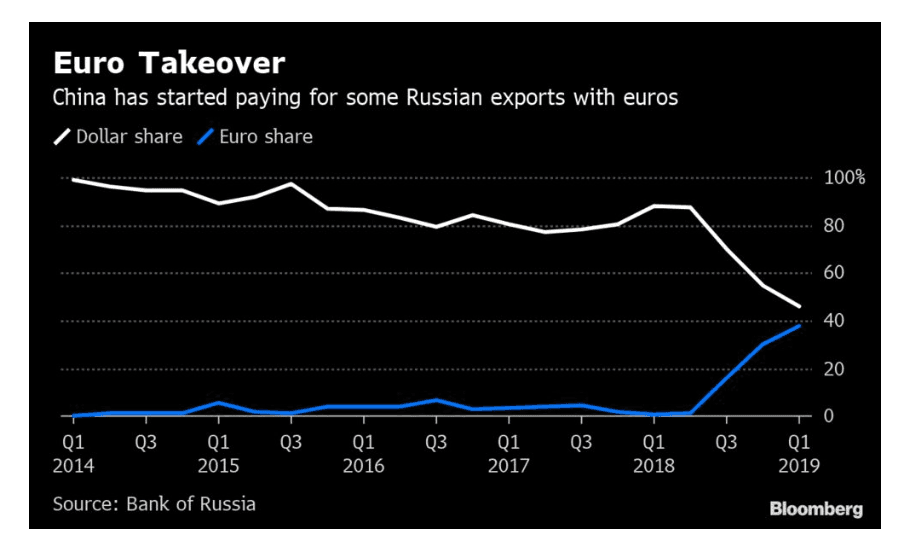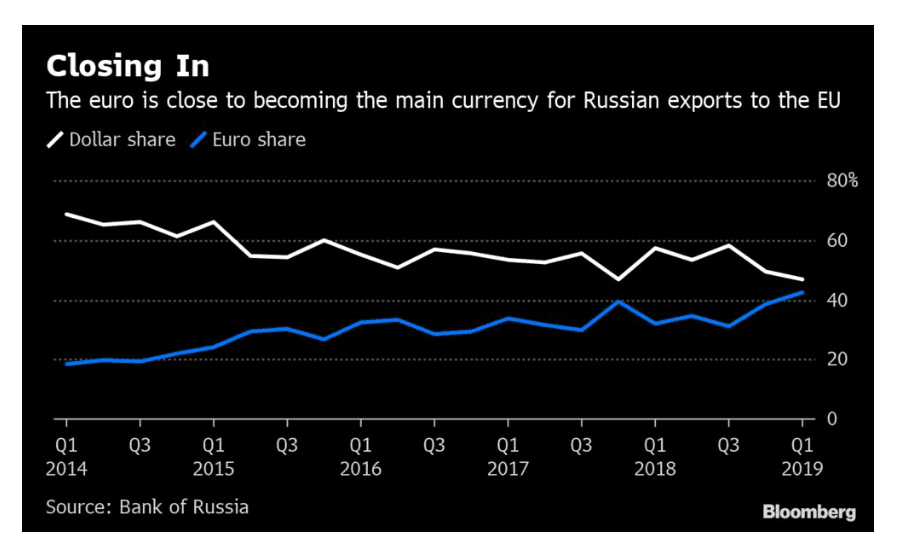- 01 Oct 2019 00:04
#15038193
https://www.irishtimes.com/business/mar ... 3fmode=amp
Lets not forget these bombshells too..
Mark Carney: dollar is too dominant and could be replaced by digital currency
"A digital currency “could dampen the domineering influence of the US dollar on global trade”, Carney said in a speech at the gathering of central bankers from around the world in Jackson Hole, Wyoming. “If the share of trade invoiced in [a digital currency] were to rise, shocks in the US would have less potent spillovers through exchange rates, and trade would become less synchronised across countries."
https://www.google.com/amp/s/amp.thegua ... l-currency
Buh bye greenback...
Looks like the euro and new cryptocurrencies are the hot new thing.
Lets not forget these bombshells too..
Mark Carney: dollar is too dominant and could be replaced by digital currency
"A digital currency “could dampen the domineering influence of the US dollar on global trade”, Carney said in a speech at the gathering of central bankers from around the world in Jackson Hole, Wyoming. “If the share of trade invoiced in [a digital currency] were to rise, shocks in the US would have less potent spillovers through exchange rates, and trade would become less synchronised across countries."
https://www.google.com/amp/s/amp.thegua ... l-currency
Buh bye greenback...
Looks like the euro and new cryptocurrencies are the hot new thing.

Last edited by Presvias on 01 Oct 2019 12:30, edited 1 time in total.
±±±


















 - By Pants-of-dog
- By Pants-of-dog